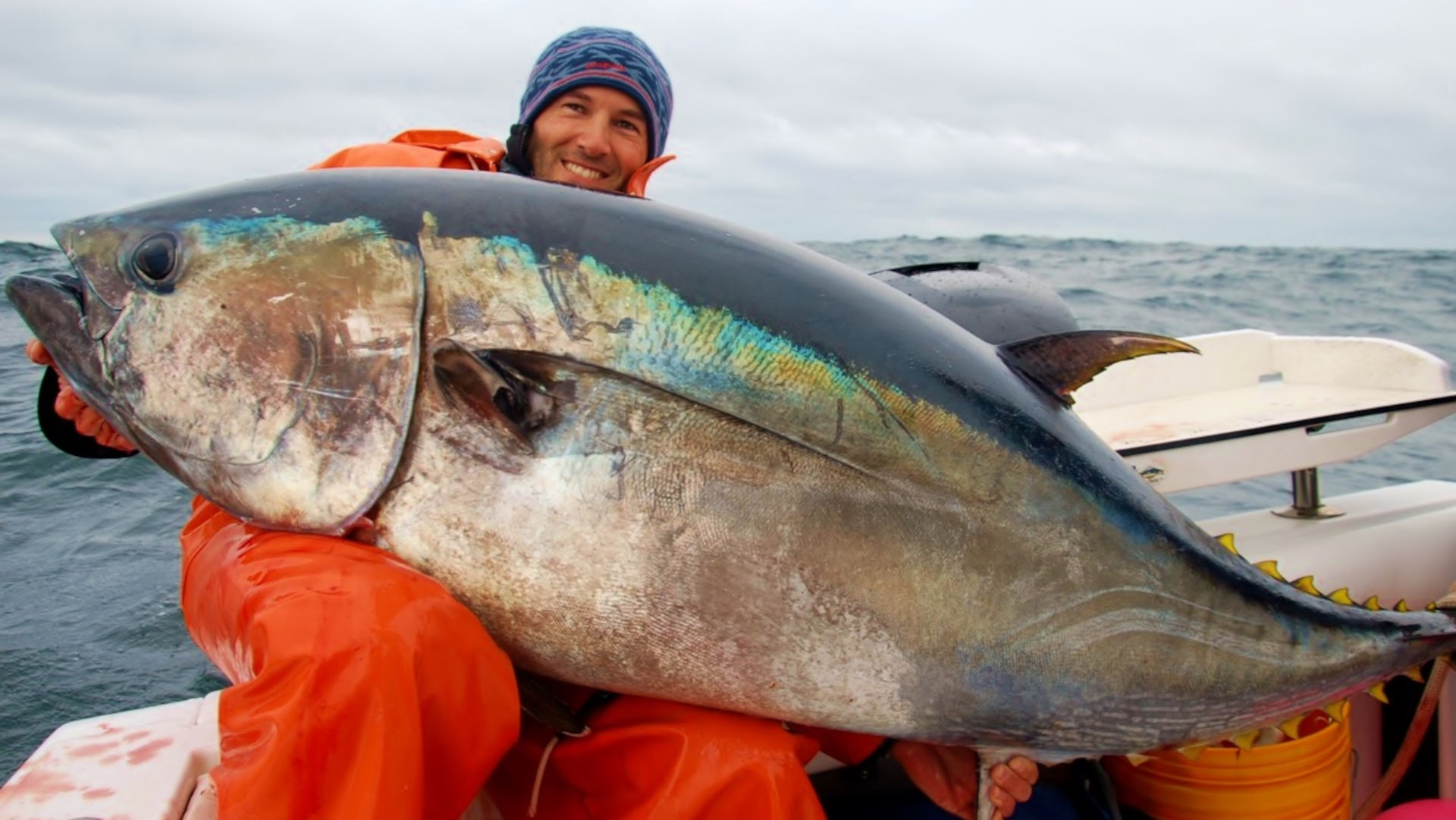From Undark, July 28:
Book Review: In Bluefin Tuna, Fisheries Science Is Never Neat

In “Kings of Their Own Ocean,” Karen Pinchin shows how politicized science misunderstood the world’s most valuable fish.
Spend enough time in the world of fisheries science, and you’re likely to hear an adage, coined by a researcher named John Shepherd, that neatly encapsulates the field’s uncertainty. Counting fish, the saying goes, is not unlike counting trees — if the trees constantly moved around the forest, and also you had to somehow tally them blindfolded. The point is clear: Few natural resources so confound measurement, let alone management, as fish.
Fisheries biology is an inherently challenging science that’s made even more difficult by its tense relationship with commercial fishing. The on-board observers who collect critical data sometimes face harassment and even, allegedly, murder by the crews they monitor. Illegal fishing runs rampant, making it hard to know how many fish are being pulled from the sea. And catch limits are set by councils beholden to the very industry they’re supposed to regulate. Add it up, and it’s hard not to conclude that, as Karen Pinchin puts it in her riveting debut book, “Kings of Their Own Ocean: Tuna, Obsession, and the Future of Our Seas,” fisheries science is “an impossible, thankless job with no easy answers.”
Pinchin’s eponymous kings are Atlantic bluefin tuna, marine predators that can weigh well over a thousand pounds — “imagine a grand piano shaped like a nuclear weapon,” as Pinchin puts it. Bluefin are extraordinary organisms: warm-blooded, keen-eyed, coated in pigment-producing cells that flash a rainbow of colors when the fish are hauled onto a boat.
Pinchin excels at evoking her piscine subjects, whose sickle-shaped tails beat nearly as fast as a hummingbird’s wing....
....MUCH MORE